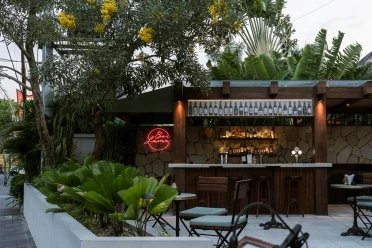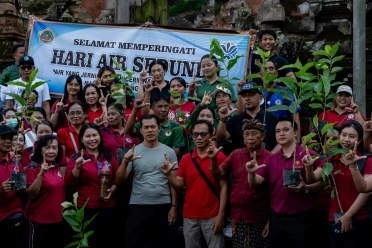Since the post-COVID era, Bali has been facing escalating traffic congestion, particularly in the southern regions such as Canggu, Seminyak, and Uluwatu. With the growing influx of visitors to the island, the already strained road network has become increasingly overwhelmed, resulting in significant delays and frustration for both locals and tourists. To tackle this pressing challenge, the Bali government is introducing an innovative solution: an ocean taxi service designed to provide a fast, convenient, and scenic alternative to navigating the island's congested roads.
The decision to implement a sea-based transport solution comes as a response to the worsening traffic conditions.
In July 2024, I Nyoman Giri Prasta, the Regent of Badung and newly appointed Deputy Governor of Bali, announced the creation of a “sea toll road” to offer a maritime transportation route for tourists traveling between Canggu, Nusa Dua, and even Ngurah Rai International Airport. Despite the name, this “sea toll road” refers to a sea taxi service that will use Bali’s coastline to bypass the congested road network.
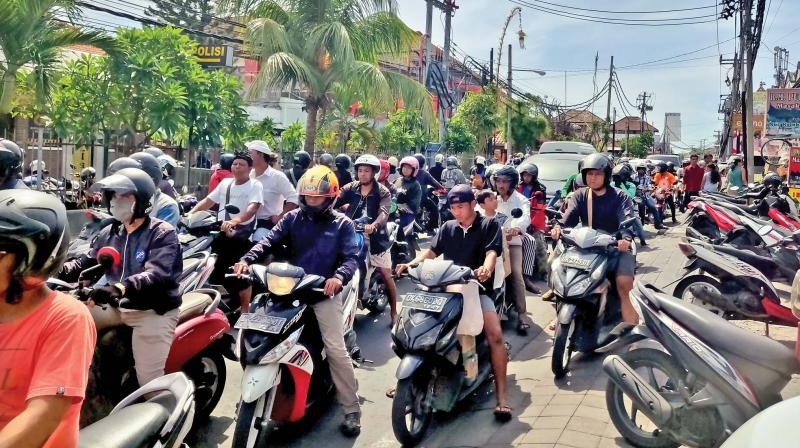
The decision to implement a sea-based transport solution comes as a response to the worsening traffic conditions. Southern Bali, particularly Canggu, has become a hotspot for visitors, with its trendy cafes, beaches, and resorts attracting large numbers of tourists. However, the traffic has reached a point where a typical 30-minute drive can take well over two hours, especially during peak hours. The new ocean taxi service aims to tackle this issue by offering a quicker, more efficient alternative for getting from place to place.
Connecting Popular Tourist Destinations
The new sea taxi service will connect Canggu’s Berawa area, Nusa Dua, and the airport, offering tourists a fast and easy way to travel. For example, visitors arriving at Ngurah Rai International Airport will be able to board a sea taxi directly to their destination in Nusa Dua or Canggu, bypassing the often-gridlocked roads entirely. The journey by sea is expected to take just 20 minutes, compared to the 90-minute drive it would normally take by car.
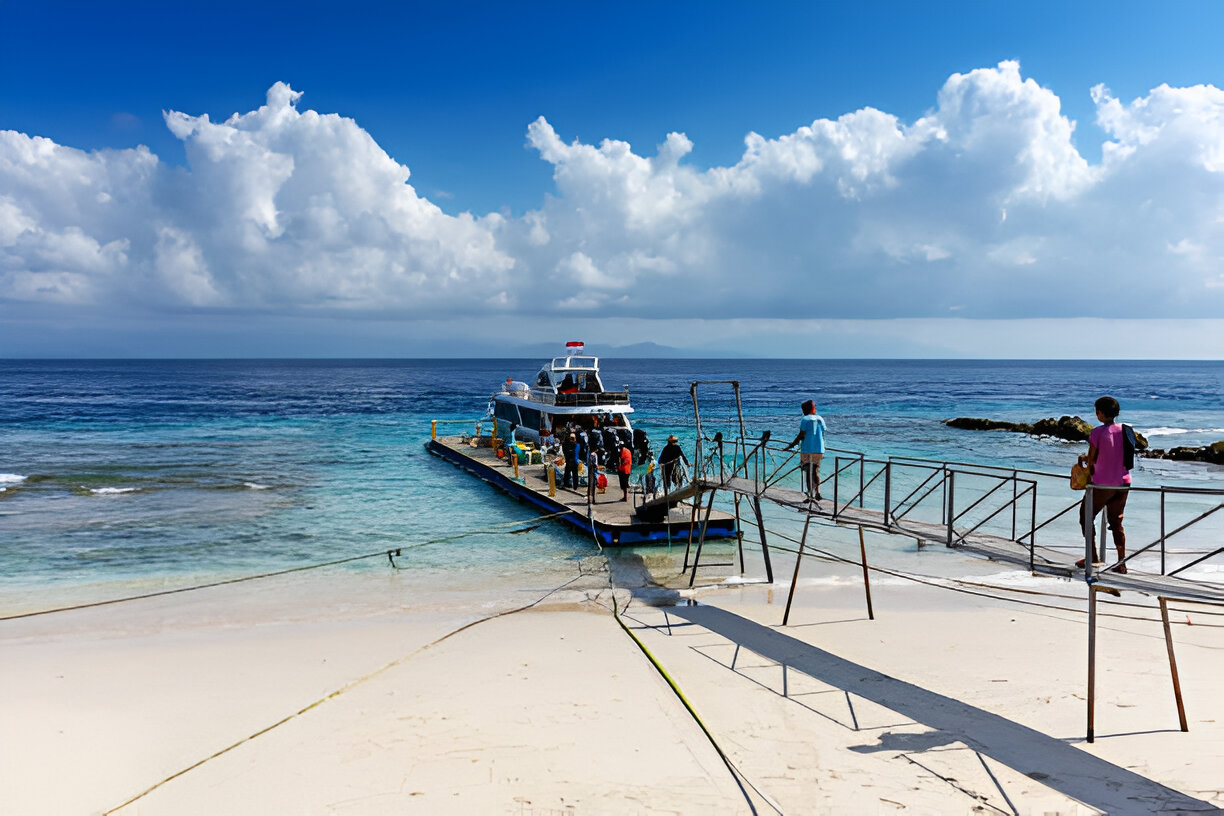
Supporting Bali’s Public Transport Improvements
This ocean taxi service is part of a broader effort to improve Bali’s transportation network and reduce reliance on cars. It will operate along fixed maritime routes, offering tourists and locals a reliable and consistent way to get around. This initiative is expected to help ease the burden on Bali’s roads, particularly in the southern part, where most of the island’s tourist activity takes place.
Working with Existing Infrastructure
One of the key advantages of the sea taxi project is that it will not require the construction of new ports or harbors in Berawa. Instead, the service will utilize existing coastal infrastructure, with plans to create a “ship transit point” at key locations. This approach minimizes the cost and complexity of the project while improving the functionality of the existing docks. The transit point will be designed specifically for the sea taxi service, ensuring that tourists have easy access to boats without the need for significant infrastructure changes.
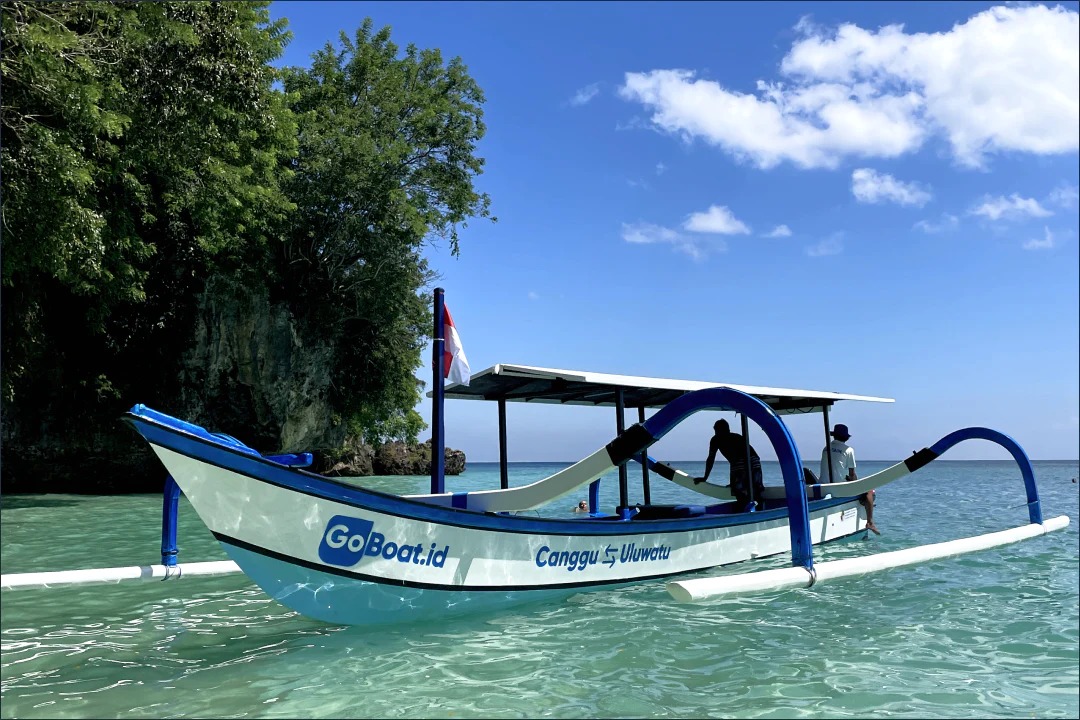
Existing Sea Taxi Services in Bali
While the new ocean taxi service will be a major addition to Bali’s transport options, sea taxis are already available on the island. Companies like GoBoat provide popular routes between Canggu and other areas like Uluwatu and Jimbaran. These services offer travel times of just 20-35 minutes, significantly faster than driving on the congested roads. For example, the Canggu to Uluwatu route typically takes over two hours by car but only 30 minutes by sea taxi.
With Bali’s tourism industry continuing to grow, it’s crucial to find innovative solutions to address the challenges posed by traffic congestion. The ocean taxi service is a promising step forward, providing a faster and more enjoyable way for visitors to explore the island. Set to launch in early 2025, this service will help tourists avoid the island’s crowded roads while offering a unique and scenic way to travel.



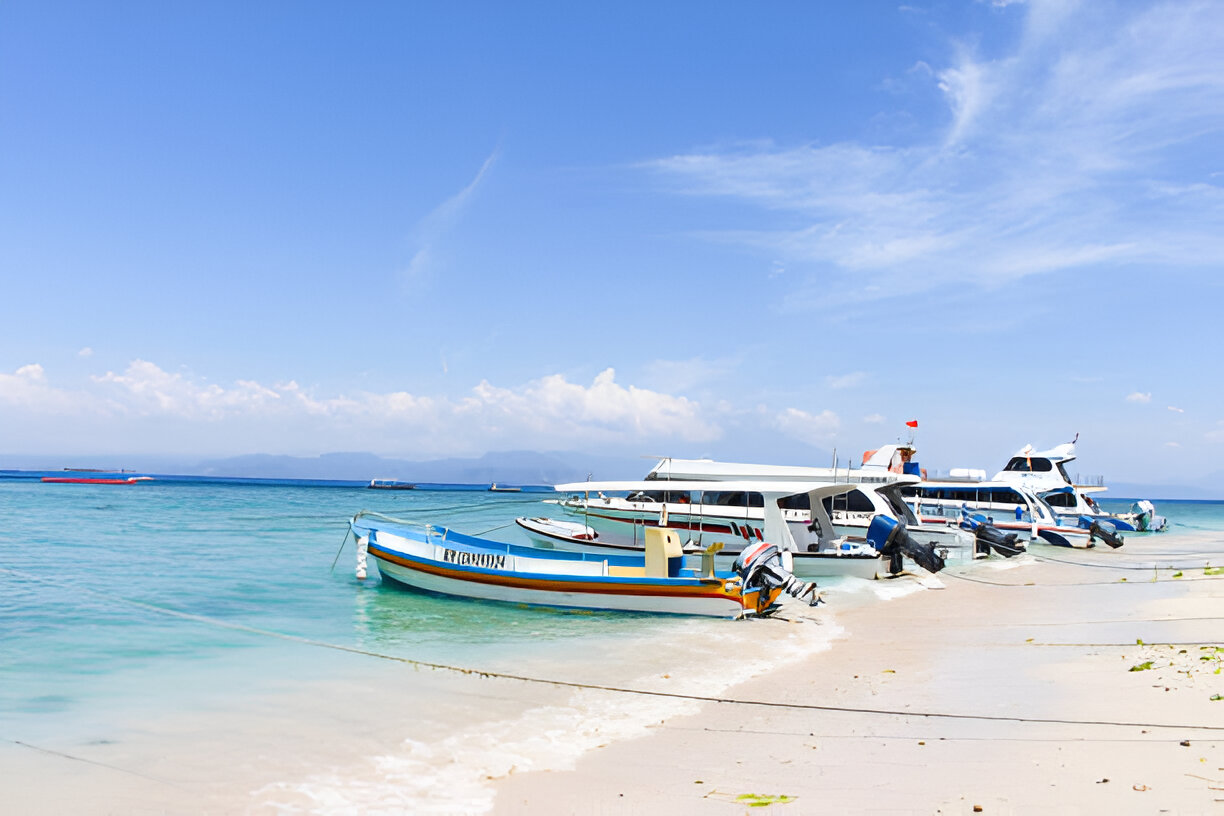
 Billy Bagus
Billy Bagus
 Jan 03, 2025
Jan 03, 2025





